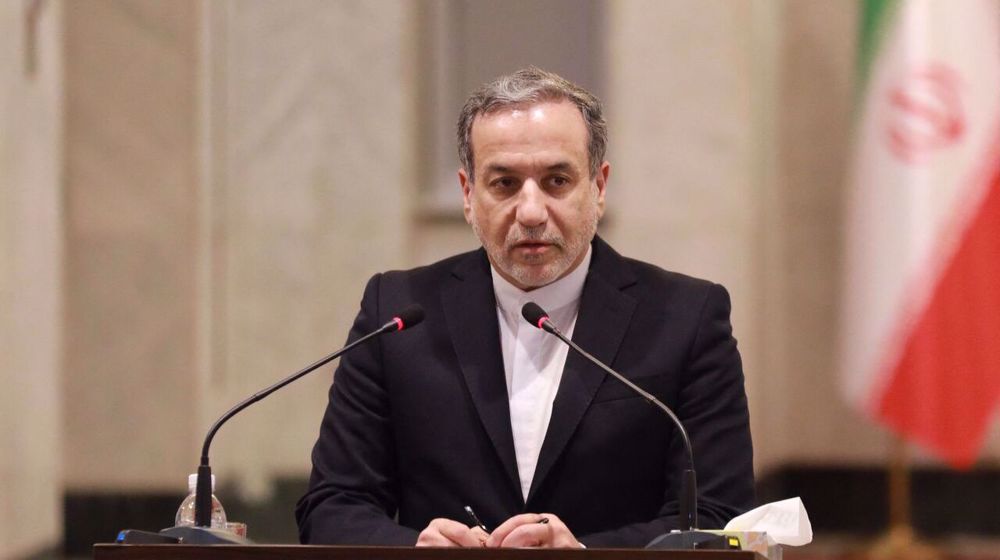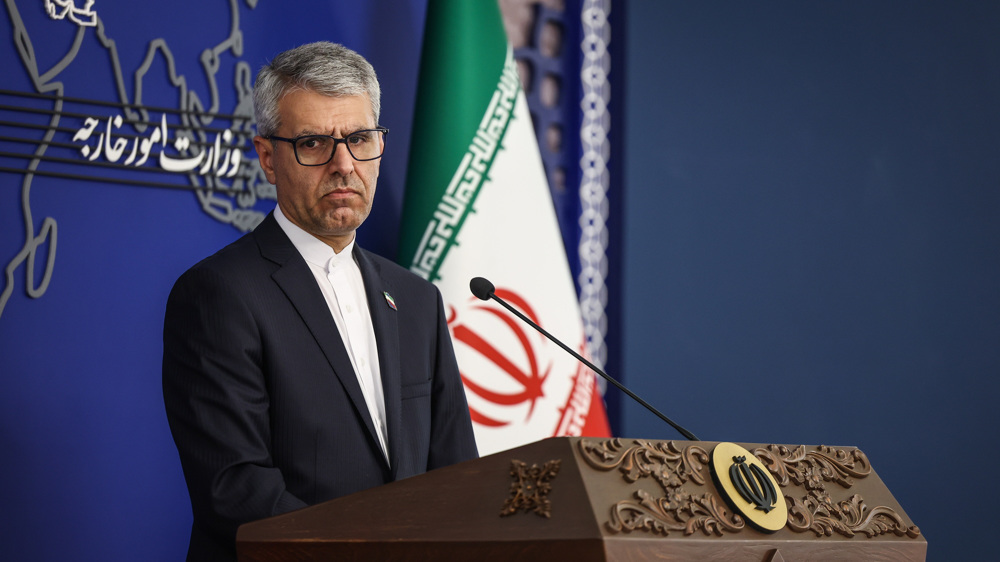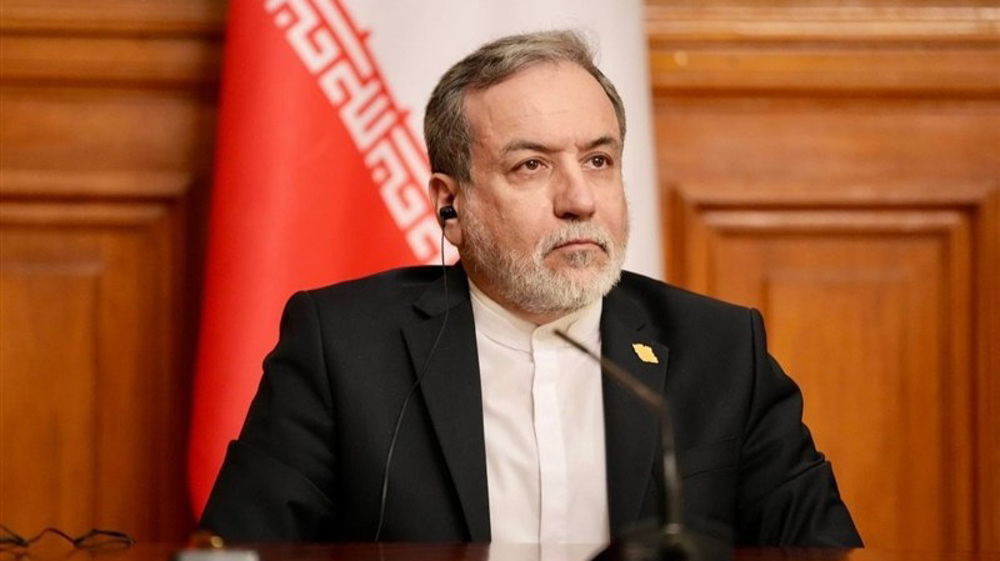Iran's FM Zarif criticizes Europe for delaying INSTEX launch
Iran has once again complained about a delay by European partners in the 2015 nuclear deal to make operational a non-dollar direct payment channel with Tehran, saying they now have "no excuse" for further postponement of the project.
Foreign Minister Mohammad Javad Zarif made the remarks on the sidelines of a ceremony to launch the ministry's Economic Diplomacy website in Tehran on Sunday.
The Europeans, Zarif said, introduced the Instrument in Support of Trade Exchange (INSTEX) as "a preliminary measure" - as part of their multiple commitments under the Joint Comprehensive Plan of Action (JCPOA) - following Washington’s withdrawal from the nuclear accord.
In order to begin honoring their commitments, the Europeans were required to set up INSTEX, he explained.
An Iranian structure parallel to INSTEX, called the Special Trade and Finance Institute (STFI), was launched just last week, Zarif said, noting that the European signatories have no longer any excuse to delay the start of their job.
He also stressed that the European partners are "lagging behind" in fulfilling their commitments and "should not believe that the Islamic Republic will [continue to wait] for them."
The top diplomat further hailed mechanisms similar to INSTEX that were launched with Iran's neighbors and were operating in an optimum manner.
"I wonder how much time do the Europeans need [to set up] a preliminary mechanism?" Zarif exclaimed.
In late January, Iran’s European partners in the JCPOA unveiled INSTEX with the aim of protecting their companies against US sanctions and enabling them to continue trade with Iran.
In its initial stage, INSTEX will facilitate trade of humanitarian goods such as medicine, food and medical devices, but it will later be expanded to cover other areas of trade, including Iran’s oil sales.
American sanctions were re-imposed against Iran last year following Washington’s unilateral withdrawal from the JCPOA.
Zarif urges countries to adopt stance on IRGC blacklisting
Elsewhere in his remarks, Zarif touched on Washington's recent blacklisting of the Islamic Revolution Guards Corps (IRGC).
The Iranian foreign minister said that he had personally written letters to the UN Secretary-General Antonio Guterres and the Security Council about Washington’s latest illegal move as well as other erroneous policies adopted in the region.
|Zarif noted that he would soon send messages to foreign ministries of all countries, urging them to adopt a stance against the "unprecedented" US move targeting the IRGC and its "dangerous consequences."
On April 8, the White House labeled Iran “a state sponsor of terrorism” and the IRGC a “foreign terrorist organization,” claiming that the elite force “actively participates in, finances, and promotes terrorism as a tool of statecraft.”
Iran swiftly retaliated, with the Supreme National Security Council designating the US government a supporter of terrorism and its West Asia force, known as the United States Central Command (CENTCOM), a terrorist organization.
'US committing crimes by blocking aid to Iran'
Zarif also said Iran has collected documents that prove Washington’s active contribution to measures that can amount to crimes against humanity by hindering international humanitarian aid to flood-hit Iranians.
Iran would soon release the documents that show banks - even European ones - are refusing to accept cash aid offered by Iranians abroad due to their fear of US measures, he added.
Iran Armed Forces pledge firm response to any hostile act
General Soleimani was 'architect of Axis of Resistance’ in region: Iran FM
VIDEO | Somalis protest against Israel's recognition of Somaliland
UN rapporteur says Georgetown cut ties over exposing Israel’s genocide in Gaza
VIDEO | Press TV's news headlines
West-funded body conspired against EU anti-fraud office after corruption findings: Report
Iran heralds clean energy future with landmark geothermal power plant at Mount Sabalan
Iran warns Israel’s recognition of Somaliland aims at destabilizing entire region

















 This makes it easy to access the Press TV website
This makes it easy to access the Press TV website